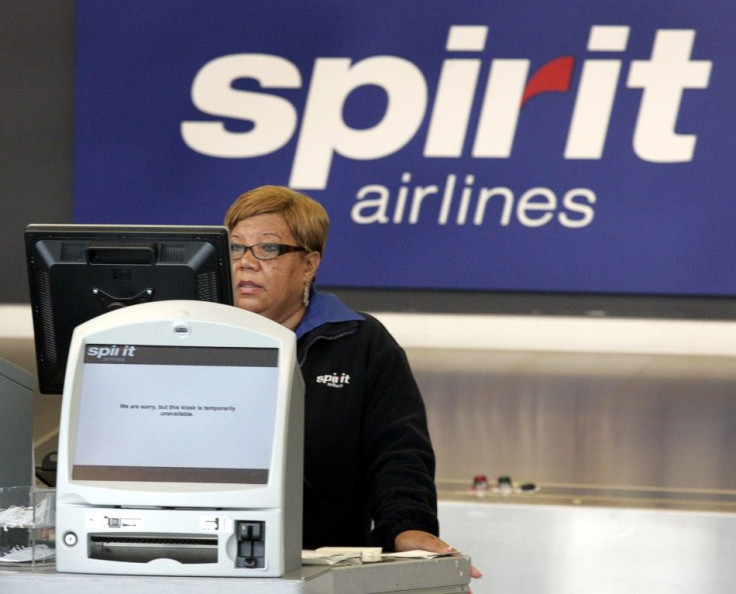Airline Ads to Show Full Fare with Taxes & Fees

If that airline ad for a $9 fare on Spirit or a $49 cross-country flight on Southwest seems too good to be true, that's because it is. However beginning Jan. 26, advertisements that make airfares seem enticingly low will become a thing of the past.
The U.S. Transportation Department's new rule will eliminate the asterisk pointing to a dense paragraph of additional taxes and fees that make a cheap ticket significantly more costly. In many cases, the additional charges can raise the ticket price by 20% or more.
For the last 25 years, the department allowed airlines and travel agencies to list government-imposed fees in a separate area, resulting in a paragraph of fine print and disclaimers. The new rule mandates that any advertised price for air travel include all government taxes and fees.
Increasing use of Web ads, Facebook, and Twitter -- where actual prices are harder to decipher -- prompted the government to change the long-standing rule. All advertised airfares will include the non-optional fees and taxes, including fuel charges and the Sept. 11 Security Fee, when the rule goes into effect at the end of January.
Items like baggage fees will not be included because they are optional.
Both the government and the airlines are being guarded in discussing the full-fare pricing policy. Spirit Airlines, Allegiant, and Southwest have asked the United States Court of Appeals for the District of Columbia to block the proposal, arguing that it violates their rights to free speech.
The airlines claim that the federal agency has no proof that advertising base fares separately from fees and taxes is unfair or deceptive conduct, according to court papers. They further argue that the rule is arbitrary and capricious, saying that advertising fees and taxes separately has been done for years by virtually every other industry in the United States.
Spirit, for example, has built its business model around advertising $9 fares and then charging for both checked and carry-on bags, taxes, and additional fees. The airline got in trouble last year for advertising a $9 fare on Twitter and forcing costumers to click links to two more Web pages to find out the full price.
Sprit argues that since online booking fees are technically optional, travelers are welcome to drive to the airport and buy a ticket there.
The government has increasingly cracked down on airlines over deceptive advertising. Air Canada, JetBlue, Thai Airways, LAN Airlines, South African Airways, Orbitz, Virgin Atlantic and Sprit have all been fined at least $50,000 for advertising infractions in the past six months.
The new advertising rule is part of a greater list of passenger protections the Transportation Department proposed in 2010 and adopted last spring.
© Copyright IBTimes 2024. All rights reserved.












